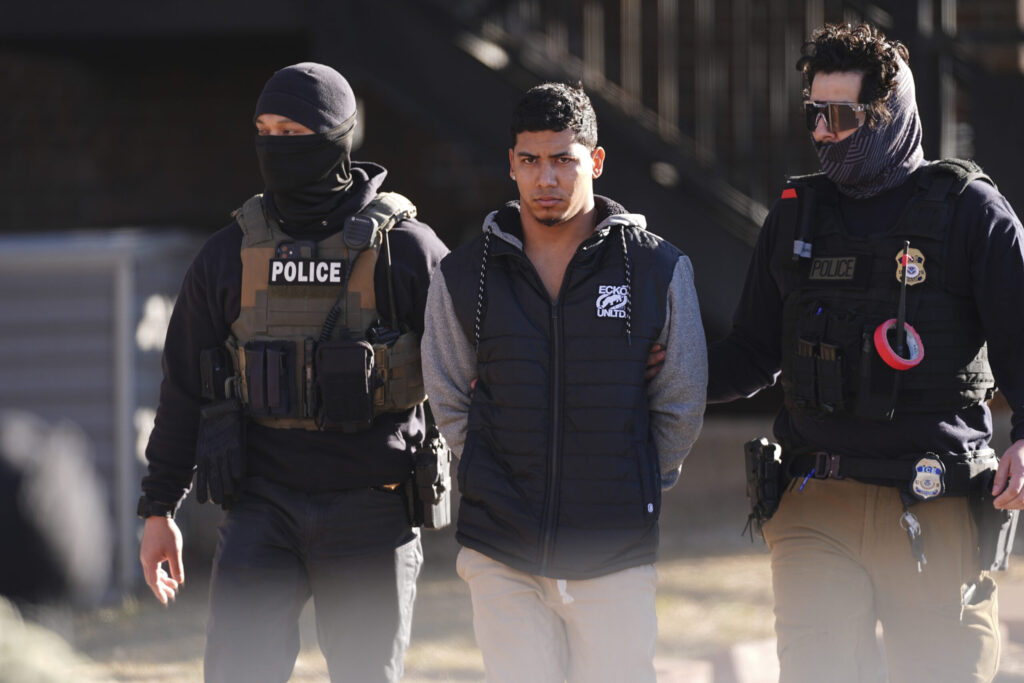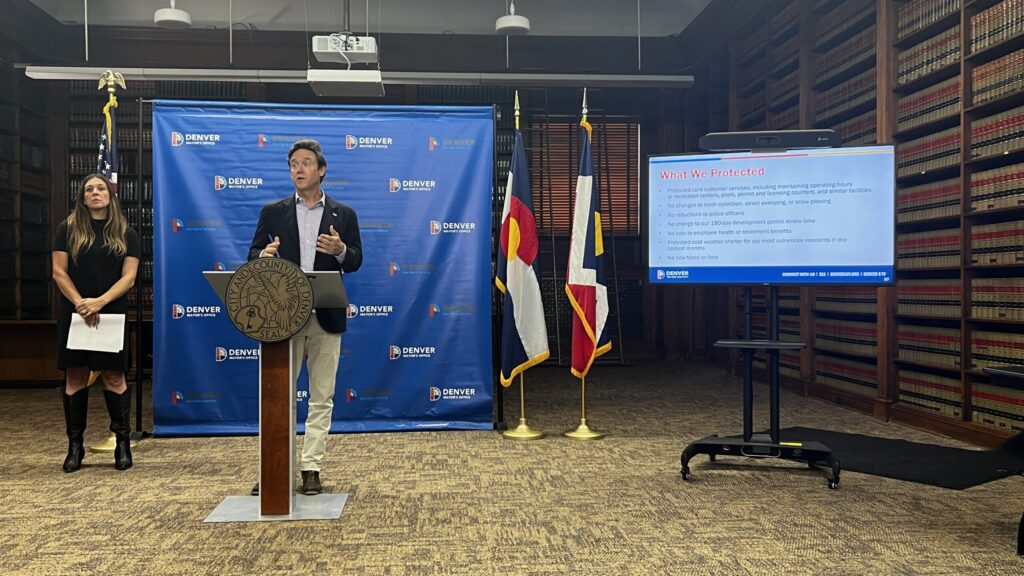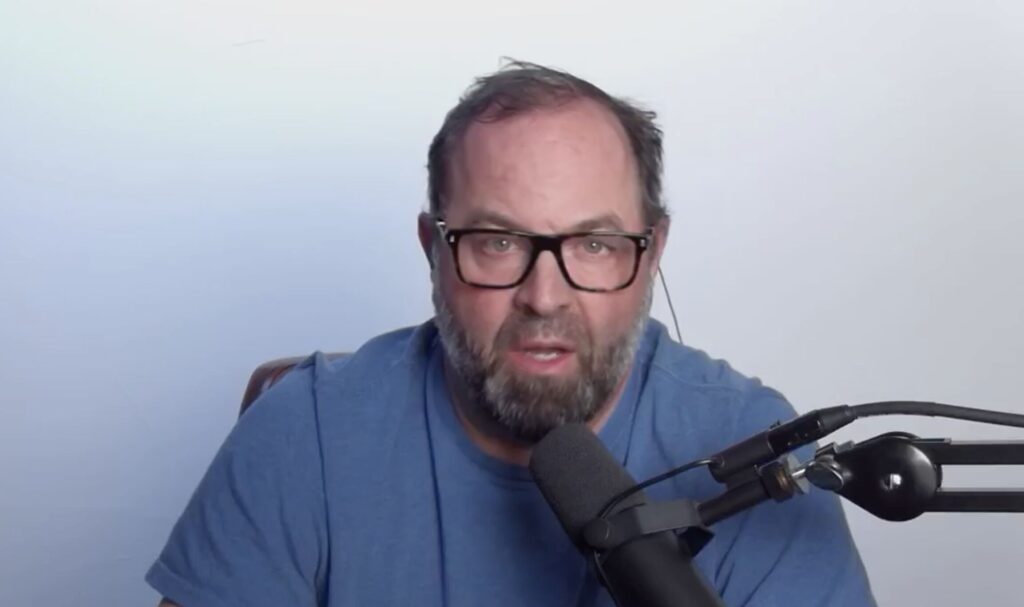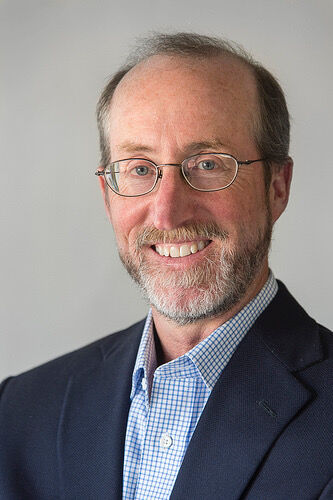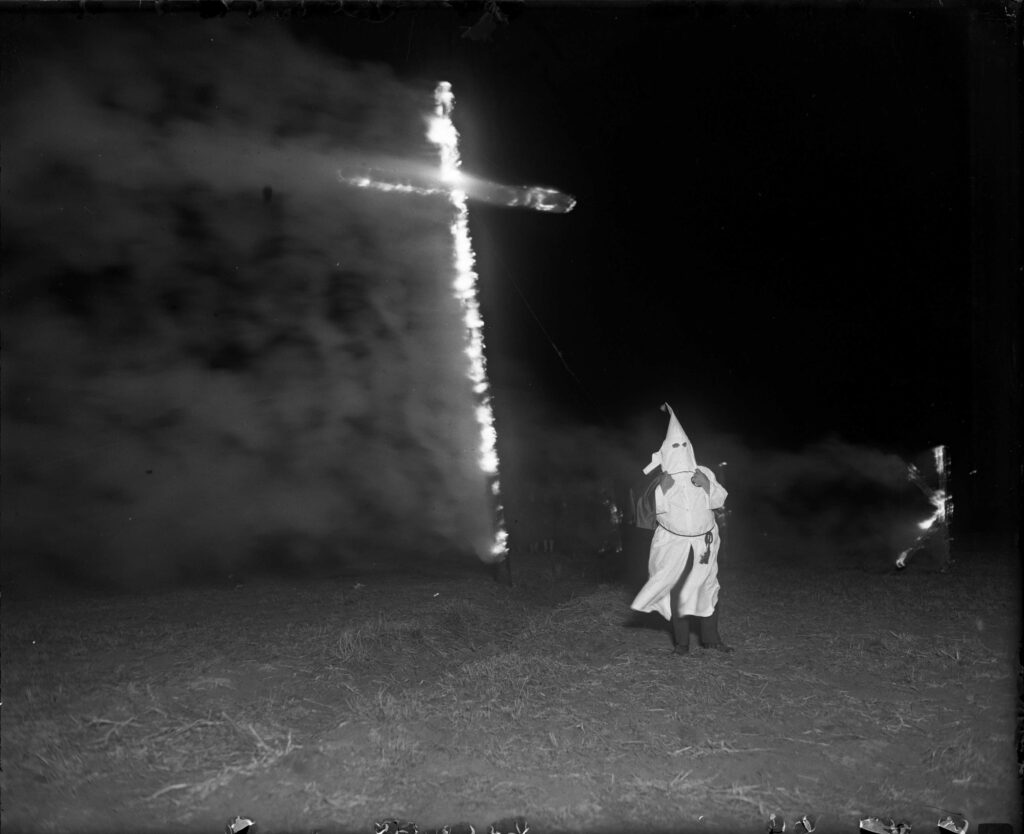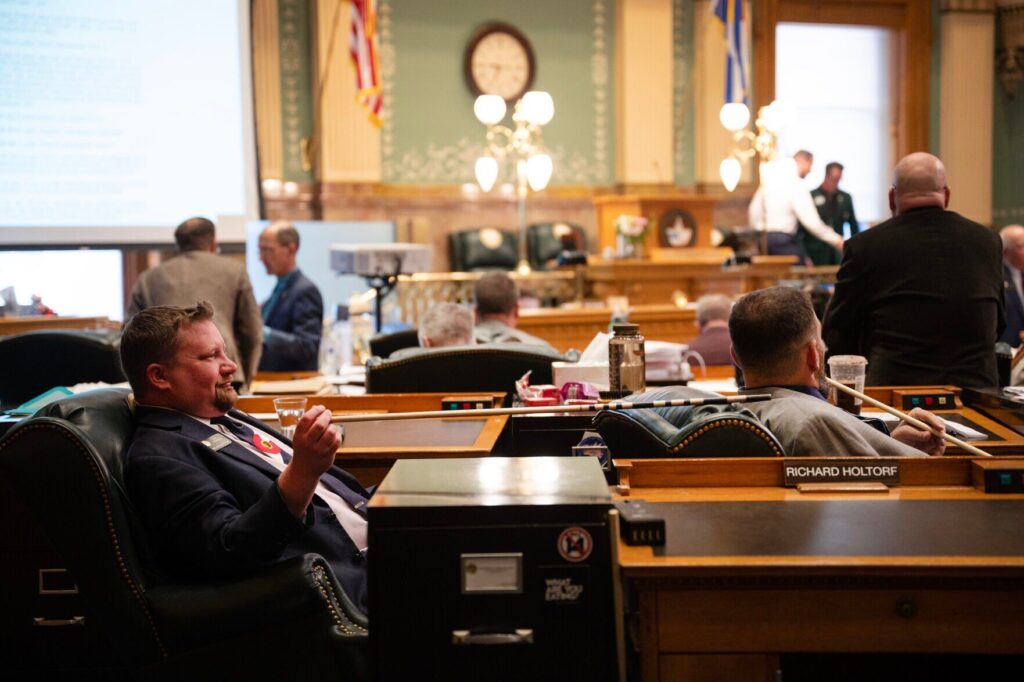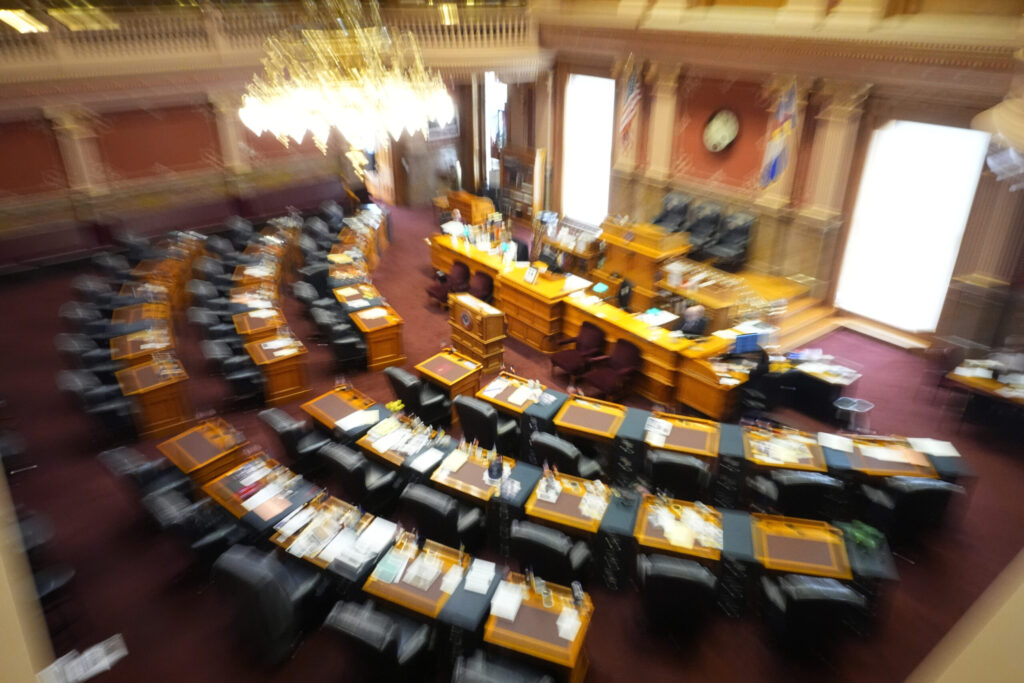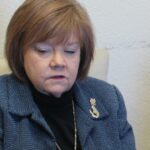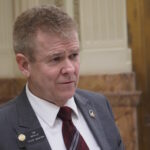#Coleg Q&A: Rep. Rankin on bridging the ‘two Colorados’
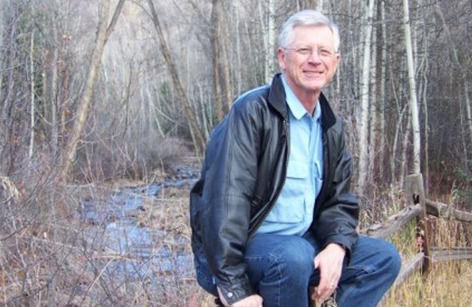
Rep. Bob Rankin, R-Carbondale, has lived the urban-rural divide in Colorado. He has lived along the southern part of the Front Range in Colorado Springs, in Aspen when he started a tech consulting firm, and now in the rural northwestern Colorado town of Carbondale, population of 6,553.
The push this legislative session to provide greater opportunity to those outside of the Denver Metro area is welcome, of course, Rankin said during an interview from the Denver apartment where he stays during the legislative session. But he says the devil is in the details.
Rankin is the latest legislator to appear in The Statesman Q&A series featuring rural lawmakers.
There’s a big push for rural legislation this year, particularly among the Democrats. They’ve been talking about broadband access and economic development. What do you see as rural Colorado’s biggest need?
In my part of Colorado it’s just the economy. It’s suffering because we’ve got three coal mines, gas wells and ranches. The fact is that coal is losing jobs, production is falling off. People are being laid off or are taking lower-paying jobs because of the drop off of the natural gas industry.
Second I would say is infrastructure, mainly roads and schools. Our schools are suffering because of the (education) funding formula. I introduced a bill last year with Rep. Millie Hamner to look at the funding formula to see that we’re funding schools in the right way. We’re going to run that bill again this year in some form. It won’t be exactly the same bill, but we’ll still trying to advance something this year.
The Rural Economic Emergency Assistance Grant Program is making a comeback in the Senate this year. Do you support that?
Anything that helps small businesses get going is good. Another issue to look into is the severance tax grants. Over 90 percent of that comes from oil and gas. A lot of that money finds its way to rural communities, but severance taxes are going to be cut 70 percent. That, in a way, is more impactful than the grant program. I’m really quite concerned about the drop-off of severance tax distribution.
You’re on the joint budget committee. Looking at the budget as a whole, knowing the process that goes into writing it and that the governor has submitted a version with more than $300 million in cuts, should rural Coloradans really expect their priorities will be realized, like expanding broadband?
I don’t think we are coordinating as well as we should on the broadband effort. There’s money from the Department of Local Affairs, there’s federal money, funding through the Public Utility Commission, and so on. We’re working to get a map together of where broadband exists (to help coordinate).
Private companies are out there working on this, and we often get complaints from these companies that public entities are building on top of them. It’s a question of what should the state and local government do. Different communities require different needs. There’s a lot of players and a lot of technologies involved in this. We need to monitor and step into places where, say, healthcare requires broadband or a school needs a connection. Maybe a school can’t afford to hire a math teacher but we can deliver one remotely.
Expanding broadband in a state where the geography is formidable and where people live in every corner — it does still seem like a massive project…
Sure, sure. It’s places like schools where we need to step in.
There’s been so much talk from Democrats about bridging the gap between rural and urban. We often hear the narrative of there being two Colorados. Is that too simple?
I’m delighted the Democrats are saying that, because a majority of them represent urban areas. When they stand up to talk about their districts, they can name cross-streets. When I stand up to talk about mine, I say ‘Do you know where Utah and Wyoming meet?’ The people we’re representing are different. Some of the Denver folks are representing people that are new to the state, high-tech (people). In my district we have fourth-generation ranchers. I’ll tell you, when I look out my apartment window here I see four construction cranes. I don’t have one of those in my district. Not one.
There’s only 12 of us (in the House) who represent rural Colorado. We’re outnumbered and we know that. It’s difficult to get attention. I think it’s wonderful that (the Democrats) are doing that. It’s a political attempt, and that’s fine. But I’m glad they feel that way.
If they’re really going to step up, they need to visit,they need to look at the economics. Our unemployment rate is in the teens. The bridge (between the two Colorados) has to be more than a political movement. I always ask the question ‘How do we share the prosperity?’ When I see improvements in telemedicine, jobs and education (in rural areas), then I’ll know it. It’s not as easy to do the rural Colorado things as it is to make statements.



